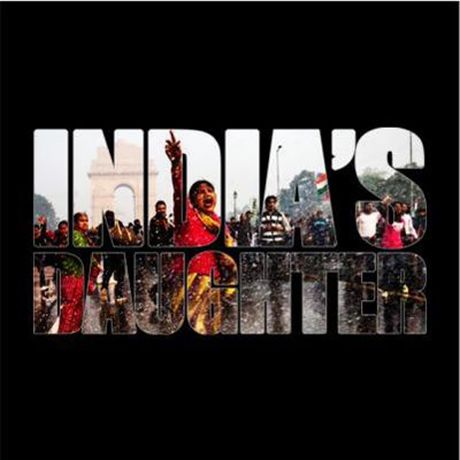Arts
You are here
Fighting rape culture in India

April 3, 2015
This documentary pertains to the events that occurred in New Delhi, India, where six men violently raped Jyoti Singh, a 23-year-old medical student, in a bus in 2012.
By interviewing her family, one of her rapists, the gynecologist who tried to save her, those who organized protests and lawyers who worked to change the laws, the documentary gives a vivid picture of rape culture and resistance.
Rape culture
As illustrated by the comments made by the rapists and the defense lawyers, it is made extremely clear that women are treated as inferior to their male counterparts. Rape is used to set women straight and “teach them a lesson.” Her rapist showed no remorse and instead blamed her for her own death claiming, “A girl is far more responsible for rape than men…when being raped, she shouldn’t fight back.”
One of the defense lawyer said that “we have the best culture and in our culture, there is no place for a woman.” Though the Indian government has banned the documentary (and Youtube complied by removing it form its site), there’s nothing specific to India about rape culture. The documentary ends with statistics of rape around the world, including Canada where more than a third of women are sexually assaulted, only six per cent of which are reported to the police. Jyoti’s mother blames rape culture, which viewers around the world will recognize: “Whenever there’s a crime, the girl is blamed. ‘She should not go out. She shouldn’t roam around so late or wear such clothes.’ It’s the boys who should be accused and asked why they do this.”
Another systemic problem that was outlined in the documentary revolves around the stat that about 50 per cent of Indians live under the poverty line. The system ignores these people in the forth-largest economy as they struggle to feed themselves and their families on a daily basis. Children are neglected, the education system is obsolete and without the support of a social safety net, people are pushed into drugs, gangs, violence and theft. These people are denied basic necessities of life and are angered by it. This anger, according to the documentary, essentially creates individuals who lack social traits and remorse, allowing them to carry out such monstrous acts. Fixing such a problem thus requires more than just punishing the rapists.
Resistance
It’s difficult to watch a documentary about such a brutal crime, but India’s Daughter also shows the inspiring resistance. It interviews Kavita Krishnan, secretary of the All India Progressive Women’s Association, who explains the mass protests that exploded to demand justice for Jyoti and all the other victims and survivors of rape: “Almost immediately, the students of the Jawaharlal Nehru University—there’s a very powerful student union and student movement there, so student organizations and the union from there—immediately came out on the streets to protest on the same day… Immediately, almost from day one, it had stopped being about this case alone. It had become about rape culture and about women’s generalized anger against being told that they could do something to actually remain safe…It’s like a dam bursting. It doesn’t happen out of one case alone. I think it’s an accumulated anger that bursts out.”
The documentary shows mass protests of people chanting, “long live woman’s freedom, your freedom, my freedom,” and carrying signs reading “Don’t teach me what to wear. Teach your sons not to rape.” While the police felt pressure to punish Jyoti’s rapists, at the same time they tried to quell the protests. But they continued for a month, forcing the government to set up a committee and challenge laws that narrowly defined rape.
As Jyoti’s father said, “Jyoti has become a symbol. In death, she has lit such a torch that not only this country, but the whole world got lit up. But at the same time, she posed a question. What is the meaning of ‘a woman.’ How is she looked upon by society today? And I wish that whatever darkness there is in this world should be dispelled by this light.”
India's Daughter is available at http://www.cbc.ca/passionateeye/episodes/indias-daughter
If you like this article, register for Rage Against the System, a weekend conference of ideas to change the world, April 24-26 in Toronto. Sessions include “How do we stop rape culture,” and “Festival of the oppressed: the Russian Revolution.”
Section:
Topics:









